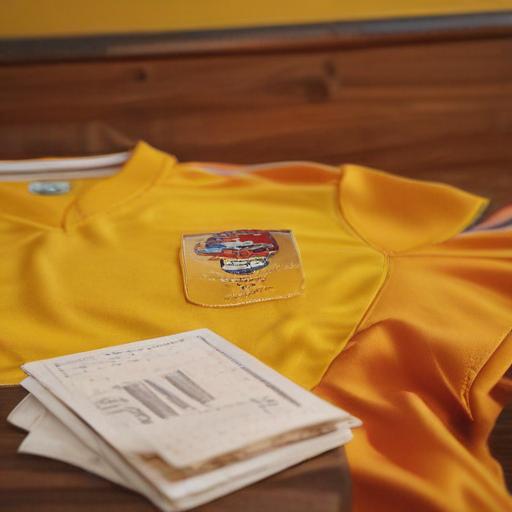Villarreal president Fernando Roig has said supporters will be offered free flights to Miami or a 20% discount on their season tickets if the club’s proposed La Liga home fixture against Barcelona is approved to take place in the United States.
The Spanish Football Federation (RFEF) has approved La Liga’s request for the December match — currently scheduled for the weekend of December 20-21 at Villarreal’s Estadio de la Ceramica — to be moved to Hard Rock Stadium in Miami Gardens, Florida. The federation will now ask UEFA to begin the procedures for FIFA to authorise the change. If granted, it would be the first top-flight European league fixture played in the U.S.; Spanish Super Cup ties have previously been held in Saudi Arabia.
Roig described the proposal as a “great opportunity” and “a milestone,” saying the club intends to compensate supporters for the inconvenience. “Those who want to go to Miami will fly free. And those who can’t or don’t want to, they will have a 20 per cent discount on their season ticket,” he said, adding that any club revenue from the move would be used to reimburse fans and to expand Villarreal’s international presence. The club did not provide detailed financials on how the travel subsidies would be funded.
The plan has provoked strong opposition from supporters’ groups. The Spanish football supporters’ association (FASFE), along with Villarreal and Barcelona fan groups, issued a joint statement opposing the move and warned they would pursue legal action if the match is relocated. Critics have argued the switch undermines the integrity of the league and disadvantages local supporters who planned to attend at home.
La Liga president Javier Tebas has long advocated staging matches overseas to boost the competition’s global reach and revenue, particularly to better compete with the Premier League’s commercial footprint in markets such as the U.S. La Liga already runs an office in New York and organises pre-season friendlies overseas; moving an official fixture would be a significant next step in that strategy. Since the departure of former RFEF president Luis Rubiales, relations between the federation and La Liga have improved, easing the administrative pathway for such proposals.
What to watch next
– UEFA and FIFA: Their approval is required for the match to be officially moved.
– Fan groups: Legal action or further formal objections could influence or block the plan.
– Club details: Villarreal needs to publish how compensation will be funded and administered, plus logistics for ticketing and travel.
– Competitive considerations: How a relocated “home” fixture might affect sporting fairness and scheduling, particularly with Villarreal’s Champions League involvement.
Commentary and context
– Logistical and legal hurdles remain. Even with RFEF approval, UEFA and FIFA must sign off, and frustrated fan groups have signalled they will pursue legal avenues. The club’s vague assurances about funding leave open questions about the scale and execution of the promised travel subsidies.
– Sporting fairness is a central concern: shifting a league home game continents away raises questions about competitive balance, travel fatigue, and precedent for other clubs. Supporters’ anger reflects a broader debate over commercialisation versus tradition in football.
– Commercial upside is plausible. For Villarreal, a match in Miami could grow the club’s brand in the U.S., support existing youth academies there, attract new sponsorship, and link into the momentum of major tournaments being staged in North America.
Summary
The RFEF has provisionally approved moving Villarreal’s home La Liga game against Barcelona to Miami in December and will ask UEFA to start the FIFA authorisation process. Club president Fernando Roig has promised free flights for fans who travel and a 20% season-ticket discount for those who don’t, but details on funding are not yet clear. Fan groups and the supporters’ association strongly oppose the move and may take legal action. UEFA/FIFA approval and further developments from the club and fan organisations will determine whether the game is ultimately relocated.
Hopeful angle
If managed transparently and with meaningful compensation for local supporters, the move could open new commercial opportunities for Villarreal, boost their U.S. youth development efforts and help grow La Liga’s profile overseas — potentially funding investments that benefit the club and its community in the long run.
